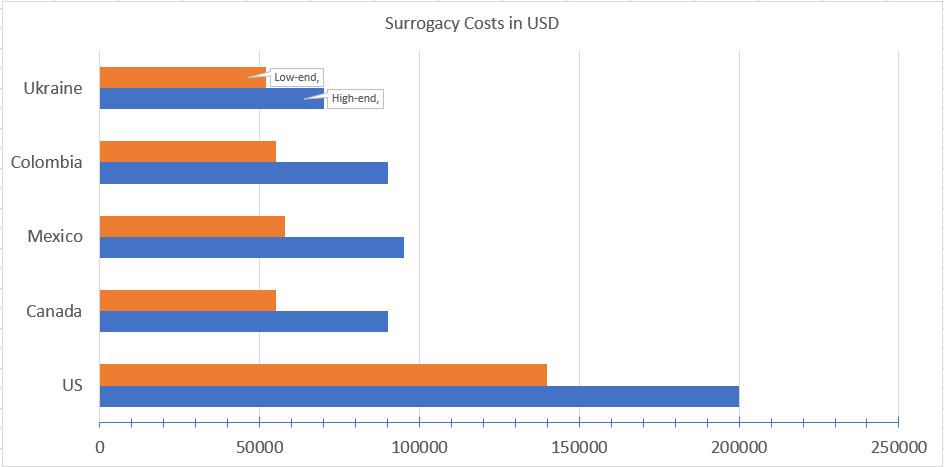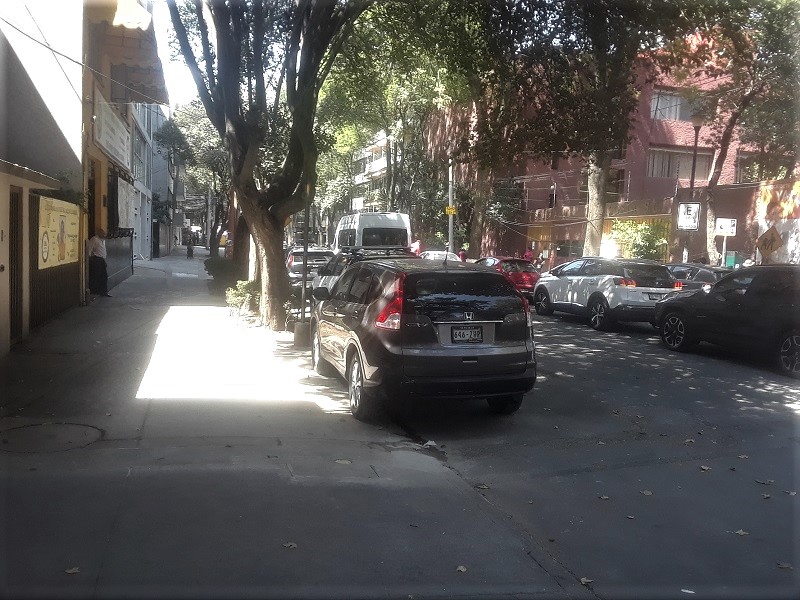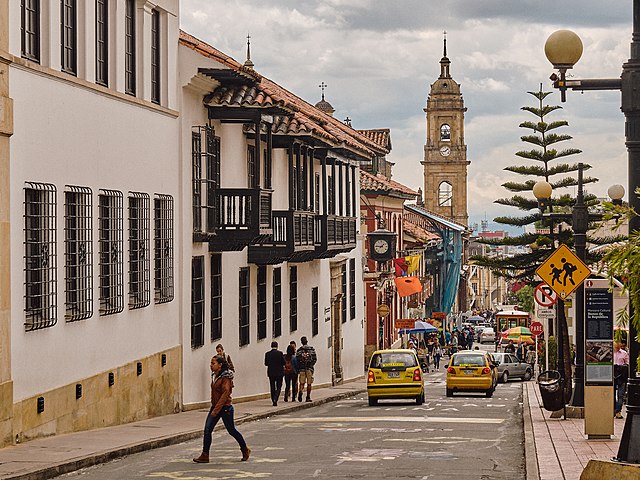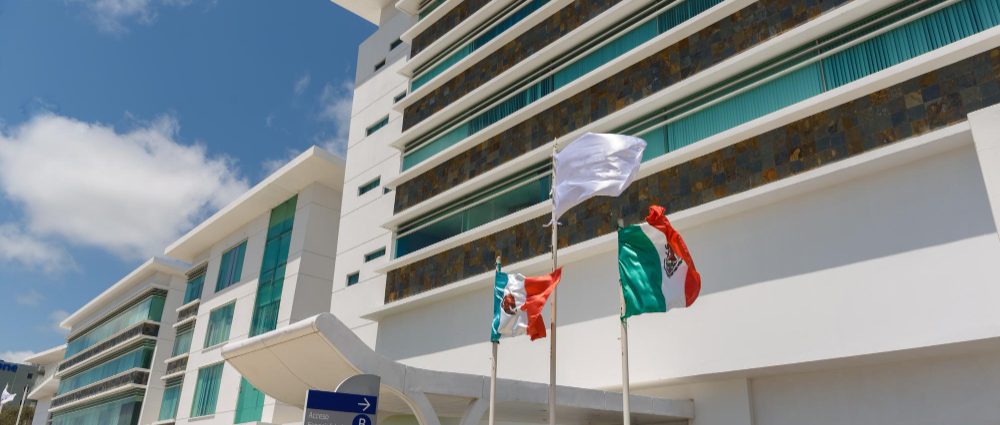Mexico is becoming one of the most popular surrogacy destinations in the world. Many international intended parents who are frustrated with the unavailability of surrogacy in their own country come to Mexico in the hope of having a baby. What makes Mexico popular? In this article, we’ll compare accessibility and legality of surrogacy in various countries.
Legality of Surrogacy in Mexico and Other Countries
Surrogacy can be either legal, not regulated, or illegal. Legal surrogacy means that surrogacy is allowed by law. In other words, there is a set of laws that clearly permit and regulate surrogacy. In jurisdictions where surrogacy is legal, laws surrounding surrogacy are well-defined and explicit. Intended parents are recognized as the legal parents of the child born through surrogacy and surrogacy contracts are enforceable in court. In some jurisdictions, pre-birth order that establishes parentage ahead of the birth of the child is available. Countries where surrogacy is legal are Canada, the United States, Ukraine, and Greece.
If surrogacy is not regulated, that means there are no laws that clearly state surrogacy is allowed or not allowed. In such cases, the legal status of surrogacy can be ambiguous, leading to potential legal complexities for parties involved. While most countries fall into this category with regard to the legality of surrogacy, there are important differences.
In Mexico, the 2021 Supreme Court ruling established the legality of surrogacy for everyone, including foreigners and LGBTQ+. It stated that intended parents should have the parental rights to children born from assisted reproductive technology including surrogacy, and that surrogacy should be universally accessible. This legal backing, though not in the form of legislation, provides legitimacy for surrogacy in a jurisdiction that previously lacked clear guidelines. In jurisdictions where the state laws regarding surrogacy are either not present or are at odds with this ruling, intended parents can initiate a court action (for example, an Amparo) to have their rights recognized with the backing from this ruling. (More about the legality of surrogacy in Mexico)
(If you cannot see the entire table, click here.)
| Country | Is surrogacy legal? | Backed by court? | Legal for LGBTQ+? | Legal for Single? | Is commercial surrogacy allowed? |
|---|---|---|---|---|---|
| Mexico | Unregulated* | Yes; Supreme Court 2021 | Yes | Yes | Unregulated, but de facto Yes |
| United States | Legal | – | Yes | Yes | Yes |
| Canada | Legal | – | Yes | Yes | No; Any compensation requires receipts |
| UK | Legal | – | Yes | Yes | No; Altruistic basis, no compensation allowed |
| Australia | Legal | – | Yes | Yes | No; Altruistic basis, no compensation allowed |
| Colombia | Unregulated | Yes; Constitutional Court 2009 | Yes | Yes | Unregulated, but de facto Yes |
| Argentina | Unregulated | None | No regulation | No regulation | No regulation |
| Georgia | Legal | – | No; married heterosexual couples only | No; married couples only | Yes |
| Ukraine** | Legal | – | No; married heterosexual couples only | No; married couples only | Yes |
| Greece | Legal, but intended mother requires medical justification and court order | – | No; heterosexual couples only | Only for single women | Yes (compensation is not payment in Greece) |
| Russia** | Legal, but requires medical justification | – | No; heterosexual couples only | No | – |
* Surrogacy is regulated in the states of Tabasco and Sinaloa. In Sinaloa, while the state law allows surrogacy only for married Mexican couples, since the Mexican constitution guarantees freedom from discrimination based on marital status and nationality, surrogacy is de facto allowed for everyone in that state.
** Due to ongoing war between Ukraine and Russia, neither of these destinations are recommended. Ukraine used to be a hub for international surrogacy for married couples, but today, the war poses an obvious risk to your safety and the exit process is prolonged if not impossible due to the war.
Cost of Surrogacy in Mexico and Other Countries
One of the advantages of doing surrogacy in Mexico is that it is more affordable than the cost in the United States. This is because of lower cost of living in Mexico compared to that in the US, which means the compensation paid to your surrogate is lower than that paid to an American surrogate. In Mexico, surrogate compensation ranges between 250,000 pesos ($15,000 USD) and 450,000 pesos ($25,000 USD). This is substantially less than the compensation paid to a surrogate in the US, which ranges between $30,000 USD and $60,000 USD. Medical and legal costs also tend to be somewhat lower in Mexico than in the US.
The following is an approximate comparison of surrogacy costs in various countries, assuming standard, non-guaranteed programs. The costs exclude travel costs, hotel costs, and other incidental costs. Costs in USD.

Wait Time for Matching to a Surrogate in Mexico and Other Countries
The amount of time you would need to wait in order to be matched to a surrogate varies greatly between countries and it also depends on your individual situation. In general, in countries where commercial surrogacy is banned, the wait time is significantly longer as there is no economic incentive for a woman to become a surrogate. These countries include Canada, UK, Australia, and New Zealand. In contrast, in countries where surrogacy arrangement is legal or unregulated and where surrogacy industry is booming, the match time is shorter.
Here’s an overview of general match time you might expect from different countries. Again, note that the match time is highly dependent on your individual situation, how your agency finds a surrogate, and other factors.
- Canada, UK, Australia, New Zealand: These countries ban commercial surrogacy. Only altruistic surrogacy is permitted by law. The enforcement of this restriction is strict. For example, in Canada, you are allowed to reimburse the surrogate for the cost that is incurred during pregnancy, and this must be accompanied by physical receipts. For this reason, the number of available surrogates is much smaller than the number of intended parents. The match time can stretch between 2 and 5 years.
- United States: In United States, commercial surrogacy is permitted, and surrogates are paid between $30,000 USD and $60,000 USD. The number of available surrogates are much larger than those in the aforementioned countries where they cannot be compensated. Surrogacy agencies often keep a database of willing surrogates, and this shortens the match time as well. You might expect a wait time of 3, 4 months up to a year depending on your requirements.
- Mexico, Colombia, Argentina: Surrogacy is unregulated in most parts of these countries. In Mexico and Colombia, however, the legitimacy of surrogacy is backed by rulings by their high courts, and surrogacy industry is booming. For many women, compensation from surrogacy is life-changing and important. As such, there are available surrogates in cities where surrogacy arrangement is common. You might expect a match time between 3 months to 6 months, but anecdotally, some people have waited up to a year for a match.
Exit Process after Birth in Mexico and Other Countries
When your baby is born, you may have to do several things to have your parental rights recognized, get your child a passport, pass the citizenship to your child, and exit the country. This process is the smoothest if the country or jurisdiction that you are pursuing surrogacy legally supports surrogacy and a legal framework exists to formally recognize your rights as a parent to a child born through surrogacy. For example, in surrogacy-friendly states like California, a pre-birth order is possible; it is arranged before the birth of your child, and upon birth, your name and/or your partner’s name are placed on your child’s birth certificate without further need for court proceedings.
In jurisdictions where surrogacy is not regulated, further legal actions may be needed to have your parental rights recognized and to have the birth certificate changed to show only your name(s).
Here’s an overview of the legal status of your child after birth through surrogacy.
- Canada, United States: In surrogacy-friendly provinces or states, a pre-birth order can arranged. Upon the birth of the child, parental rights are automatically granted to the intended parent(s) and not the surrogate. This makes exit process easy and fast.
- Mexico (state of Sinaloa or Tabasco): In Sinaloa, there is a legal framework for surrogacy and the parental rights of the intended parents can be established through court before the birth of the child. This makes the exit process fast since the intended parents can obtain a birth certificate with only their name(s) on it right after the birth.
- Mexico (states other than Sinaloa or Tabasco): Other states in Mexico don’t have legal frameworks established for surrogacy. You can still obtain a birth certificate with only your name(s) on it, but you may have to do this through a court action brought after the birth of your baby. This means you may have to stay in Mexico for 1 – 3 months after the birth of your child, if you need your baby’s birth certificate to show only the name of the intended parent(s).
- Colombia: Like in Mexico, there is no legal framework for surrogacy in Colombia. Upon the birth of your child, the birth certificate will list the name of the surrogate mother and the name of the intended father, if the surrogate mother is single. If the surrogate mother is married, her husband’s name will be on the birth certificate. In Colombia, court orders transferring parentage to the intended parent might not be issued (although some competent lawyers seem to be able to do this), and DNA test may be needed to prove the genetic link between the intended parent and the baby.
Safety and Standard of Living
Because intended parents have to visit their chosen place of surrogacy at least once and possibly stay there for up to several months, many are concerned about the safety and standard of living. We’ll look at the safety and standard of living in common surrogacy destinations in this last part of our blog.
Mexico
For intended parents who plan to stay in Mexico during the surrogacy process, the experiences in major cities like Mexico City and Cancun can vary widely but generally offer a high standard of living and modern amenities. Mexico City, as the nation’s capital, is a bustling metropolis with world-class hospitals, extensive cultural venues, and a vibrant day-to-day life. The city is known for its excellent culinary scene, diverse neighborhoods, and rich history. However, like any large city, it does have areas of higher and lower safety; therefore, intended parents are advised to stay in well-regarded neighborhoods, use reputable transportation options, and follow local advice on safety measures.
Cancun, on the other hand, is a major tourist destination known for its beautiful beaches, luxury resorts, and well-developed tourist infrastructure. It provides a more relaxed atmosphere compared to the hustle of Mexico City, with easier access to health services that cater especially to international visitors, which can be a significant advantage for intended parents. The city is generally considered safe for tourists, especially in the hotel zone and other areas popular with international visitors. However, it’s still important to remain vigilant, avoid isolated areas, and secure accommodations in reputable locations. Overall, both cities offer robust amenities and professional healthcare services that can make the stay comfortable and convenient for intended parents during the surrogacy process.
In general, it is safe to stay in good neighborhoods with lots of tourists and expats in major cities in Mexico. However, there are certain precautions to be taken just like if you stay in any other developing countries – including not going out late at night by yourself, drinking bottled water instead of tap water, and not going to areas known to have a high rate of crime.

United States
Intended parents who choose to stay in the United States for a surrogacy process, particularly in major cities that are frequent tourist destinations, can generally expect a high standard of living along with robust healthcare services. Cities like San Francisco, Los Angeles, and Chicago not only boast top-tier medical facilities with specialized reproductive technologies but also offer a wide array of accommodations ranging from luxury hotels to serviced apartments. These cities provide a vibrant cultural scene, diverse dining options, and extensive public transportation networks, which can make the stay more enjoyable and convenient. It’s important for intended parents to research neighborhoods and choose to stay in areas known for safety and good community amenities.
Safety in these metropolitan areas is usually well-managed, especially in districts popular with tourists and business travelers, though it varies by neighborhood. Local laws and efficient law enforcement work to ensure that areas frequented by visitors remain safe, but like any large city, it is advisable to stay vigilant, especially at night and in less familiar areas. Intended parents are encouraged to take common-sense precautions such as securing their valuables, using reputable transportation options, and possibly consulting with local contacts or concierge services to get up-to-date advice on local safety and places to avoid. Overall, the U.S. offers a reliable and supportive environment for intended parents during the surrogacy journey, provided they make informed choices about their stay.

Colombia
Intended parents choosing Colombia for their surrogacy journey, especially in prominent cities like Bogotá and Medellín, can expect a supportive environment with a relatively high standard of living and accessible healthcare facilities. These cities are known for their advanced medical services, particularly in private healthcare, which is often used by both locals and international visitors. Bogotá and Medellín boast several hospitals that are accredited by international healthcare organizations. Additionally, these cities offer a range of accommodation options from high-end hotels to comfortable apartment rentals, catering well to longer stays. Colombia’s rich culture, warm hospitality, and vibrant city life provide an enriching experience during what can be a stressful time.
Safety in Colombia has improved significantly over the past decades, particularly in major cities that are popular with tourists and expatriates. However, safety standards can vary, and it’s important for intended parents to be mindful of their surroundings. While Bogotá and Medellín are generally safe in well-traveled areas and business districts, it’s advisable to exercise caution, avoid certain neighborhoods known for higher crime rates, and follow local advice, especially after dark. Utilizing secure transportation options such as reputable taxi companies or ride-sharing services and staying in secure neighborhoods are recommended practices. By taking these precautions, intended parents can ensure a more secure and enjoyable stay as they navigate the surrogacy process in Colombia.


